
 The SFFaudio Podcast #699 – Jesse, Paul Weimer, Marissa VU, and Bryan Alexander talk about The Doomed City by Arkady Strugatsky and Boris Strugatsky.
The SFFaudio Podcast #699 – Jesse, Paul Weimer, Marissa VU, and Bryan Alexander talk about The Doomed City by Arkady Strugatsky and Boris Strugatsky.
Talked about on today’s show:
Strugatsky, 1989 kind of, 1972, late 1960s, how to classify this book’s publication story, who had read this before, Roadside Picnic, weird late publication, Stalker (1979), 2017 audiobook, the afterword, the introduction, Soviet science fiction, literature in the Soviet Union, Red Plenty, if a book doesn’t have a manuscript, if it doesn’t get read by readers it doesn’t exist, the carbon copy, a book that can frustrate people, not really a science fiction novel as much as it is an existential novel, a role playing game made out of this setting, a worker in a big office building, possessed vending machines, Control, freak your shit out, single player video game, garbage worker, baboons show up, wander off into the North, jump off the precipice, Disco Elysium, strange philosophical conversations, skill tree, intrusive thoughts, weird psychology, hilarious, playing it straight, completely deranged, develop different relationships with people, a meta, did this book remind you of any books?, Dark City (1998), an undefined place and time, 1950s Leningrad, Driftwood by Marie Brennan, fantasy kingdom, squeezed towards the center, City At the End Of Time by Greg Bear, dream-like reality, the Red Building, Cinnabar [by Edward Bryant], M. John Harrison’s Viriconium series, resonance, Plato’s The Republic, The Just City by Jo Walton, The Investigation by Stanisław Lem, the Riverworld series by Philip Jose Farmer, To Our Scattered Bodies Go, chess board, internal stuff, John Brunner’s The Squares Of The City, moving people around, Charles Stross’ Missile Gap, an Alderson disc, ICBMs no longer work, the Siege Of Leniningrad, Nineteen Eighty-Four by George Orwell, The Drowned World by J.G. Ballard, The Half-Made World by Felix Gilman, Last Exit by Max Gladstone, the pyramid, A Maze Of Death, Solar Lottery by Philip K. Dick, Annihilation by Jeff Vandermeer, The City And The Stars by Arthur C. Clarke, amalgamated and reconstituted, a book about art, The Wall Of Darkness by Arthur C. Clarke, Super Science Stories, July 1949, Hannes Bok, Virgil Finlay, distinctive styles, contemplating a stairway and holding a Möbius strip, an Elon Musk style character funds a stairway to see over a wall, awesome story, an Omni story, The Infinite Plane by Paul J. Nahin, Travel By Wire by Arthur C. Clarke, the food becomes poison, the clock of the Long Now [Foundation], left handed food, no comparative thoughts, The Truman Show (1998), artificial worlds, the Soviet context, the heroic stage, friendly with a Nazi, the end, art and culture being the greatest good, the Temple, powerful writing, the Siege of Leningrad, I was in Cambodia, I was in Waco with Koresh, the most lethal, a rival source of power, the Soviet center, the great strategist, playing chess with human bodies, another Omni story, imaginary numbers, math fiction, a Soviet peasant makes a set of chessmen, capitalists vs. workers, enchantment, how chess can be played, it doesn’t matter if your king is taken, Nineteen Eighty-Four, the truth is whatever I tell you it is, angel/alien, a deeply flawed main character, he wants to leave the library, an emblem, not answering that stuff, this is us on Earth here, randomocracy, it’s just happening, the ethnography, Swedes, Germans, Koreans, an American with a cowboy hat, that open time, so global, the existential element, everybody is here, we’re told it is voluntary, you died there, bud, a camouflaged criticism, everybody will become communist, continue the program, lacking geographic specificity, NATO, good branding, if you have faith, there are no kids in this city, a garbage collector to a policeman to the mayor to the president to the leader of an expedition, doctors too?, a lawyer, bricklayer, somewhat failing experiment, it can only be failed, out of control, German efficiency, a classic utopian thing, The Lottery In Babylon by Jorge Luis Borges, a gardener, a response to a reality, you can not fall any further, a stoic philosophy, choosing not to be upset, willing to suffer the swamps, pleasant swamps, 1950s gulag, city/country divide, the farmers, the Truckers this week, coming into the city in a convoy, one of these farmers has a machine gun, we need that machinegun to get rid of the baboons, policies made in extremis, German POWs lodged with farmers, trapped on the continent, we called that slavery, 3rd amendment to the U.S. constitution, the baboon invasion, a metaphor for something, Dan Simmons’ The Terror, leaded meat, going insane, the crystal palace, endless plain, monsters, a premonition, the giant statue, an obvious super-metaphor, Stalin and Lenin statues, William Hope Hodgson, the heat death of the Solar System, The Night Land, geothermal energy, an anti-city, wireless transmission, a horseless knight with a circular saw, a geological force, a 17th century gentleman, existential and talky, a classical romance in an insane setting, there is meaning in images and events, we are not privy, the stuff that is not there, the guy who issues the toilet paper, important notes, committee meeting minutes, a curious puppy, playing the game in his way, giggling at everything, anti-semitism, he gets the last word, he’s the brains of the operation, physically jewish, an engagement with judaism, what the temple is about, producing culture, respecting the intellect, the people of the book, Jerusalem and Moscow, crazy reviews, misogyny, skank (not slattern), a Soviet style phrase, whiny sluts, wankrags for the guys, udders, in the police station, I don’t have that file, we don’t know everybody’s backstory, how could you?, no woman’s perspective, the basic pass on this is they are in Hell, Earth is Hell, capable of receiving pain, if you want to stay alive you have to kill, what are we to do, the experiment is the experiment, the devil god, hunger isn’t the problem we just don’t have enough food, our swedish friend, the military skank, they pickup somehow, everything that’s elided, previous iterations of the city, left incomplete, going downstairs to sleep with her, corrupted, WWII into the 1970s, a story of disillusionment, very Colonel Kurtz, Aguirre, The Wrath Of God (1972), the book begins with shit, the book ends with shit, reflected things, her beautiful white pristine legs, scabs bruises and abscesses, physically degenerating, their will is breaking, a blank landscape allows for deep reflection, Lena on Goodreads:
Depressing surreal social criticism that pretends to be a sci-fi. The parody on communism and soviet propaganda is quite obvious, but the story also takes deeper study of human society and nature. One star for misogyny, disgusting realism and unnecessary cruelty. Moreover authors didn’t give any explanation to the world-building nor uncover any plot’s mysteries.
where the reader has gone wrong, a funhouse mirror, through a mirror darkly, satire makes it sound like its fun, showing us truths, a misogynistic, its already in the world, when the revolution happens, sees the results, the emphasis on diarrhea and dysentery, things start in the gutter, a shit job, simple, available for you to see, the opening was terrific, The tanks were rusty, dented, and their lids were lose, potato husks, the mouth of an unkempt indiscriminate food pelican, a competent cop, it’s going to be gone when they get there, Andre is pretty incompetent, he doesn’t want to understand, haunted by the end, the temple speech, humanities, an astronomer, a sky that has one star and doesn’t move, Theodore Sturgeon’s Microcosmic God, the neoterrics, Sandkings by George R.R. Martin, just neglect, the humanities vs. the sciences, the mute mentor, circles, the emphasis on fecal matter, the afterlife, blast away at somebody, there’s no art in this city, all these shitty pulp magazines, no great writers, no great poets, a complaint, they’re not here, in the outer world, always in development, a very meta-book, its hard to write good art, are we writing good art?, a book review inside of a book, showing television in Robocop (1987), a condemnation of society, abundance riots, Nazi art, I don’t understand anything, reveal the truth about their world, the truth of the Red building, all will be revealed, nope, the authors know what they’re doing, Roadside Picnic [Stalker (1979)], Swiftian misanthropy, American conservative literature, apes and monkeys as a critique of Darwin, that realistic, that bestial, casually fucking in the streets, monkeys, an incredibly dark view, aren’t we?, a fishtank, to quote Marlowe, a decisive ending, raising our science fiction and fantasy hope, a meta-science fiction book, not a fantasy, following the rules, fantastic, Exhalation by Ted Chiang, Plato’s The Republic, H.G. Wells’ The War Of The Worlds, crappy adventure stories, later you became obsessed with it, the strivings of a story like The War Of The Worlds are to put us in our place, this is what you really are, have yourself humbled, we are humbled, a mimetic sense, what would we do if we were placed in this very strange RPG, more shit is around the next corner, worship at the temple in the crystal palace, William G. Shepherd, Omni, Discovery, Popular Science, Popular Mechanics, is that the best we can hope for?, a minority adds to and maintains the temple, the temple persists, participate in keeping the temple going is a great way of life, six months of a magazine, nobody’s going to look at them, a friend in Australia, the little builder, somebody else’s job, its not Jesse’s job to put Jesse’s statue up in the temple, his job is to polish the temple steps, and point people in the right direction to find the right book inside the temple if they come by, maybe call them in from the street, no donation needed, they walk by and spit on Jesse, coral reef, all of our art, if you’re not creating, hiding hoping the squid doesn’t eat him, Jesse the clownfish, Hemingway, drunk, pedophile, Dostoevsky was an extreme right-winger, the temple creators are flawed, the canon contains shit but it has beauty within the shit, horrible creators, whatever politics is now, cancel culture, the pederast Tchaikovsky, thief and gallows-bird, O. Henry was an embezzler, Ezra Pound, open fascist, defender of the Soviet Union, defending human rights abuses, the temple that endures, whatever flag people are waving, holding up the flag, wearing a flag is an act that is very different, planting a flag on your house, when the flags come out, in division, this doomed city, it’s important, nationalities are incidental, all united as doomed, yesterday’s enemy, when you strip them of the flag, this kind of work is important, a suggestive sketch, points it’s making, high poetry, as an aesthetic way to be, endings are disappointing (usually), where it takes you to emotionally, did he shoot himself?, he met himself and he shot himself, it’s left open, capable of killing the best person we know, capable of self destruction, capable of destroying other human beings, he pulled a pistol out of the holster, tall tattered exhausted with a dirty beard, a return shot, he doesn’t check his cap, not being able to recognize this other, a mirror, he’s shooting himself, sitting in his tent, all the possible things he can do to avoid what needs doing, how you maintain discipline, these are animals, the traditional way of doing it, The One Black Stain by Robert E. Howard, Solomon Kane, Sir Francis Drake, Magellan, returns to England, you can now murder people because you are a chief of an expedition, the maritime tradition, they are the law, they can marry people, the dominant navy on the planet, unless you’re a pirate and have signed the articles, a precedent, you’re a bad person, you’re a coward, the Golden Hind, head in hands, wracked with doubt, the misery of having killed a friend for a wrong reason, we put ourselves in these Hells, regretting or doubling down, I didn’t choose to be here, nobody explains how the , no authorial infodump for us, the anti-Neal Stephenson, the thermodynamics of the big wall, deal with it, what does it mean that the sun is off, is it a coincidence?, is it a sign?, about to become a dictator, the Russian kitchen drinking scene, here it is, they’re all completely disagreeing with each other but not actually coming to blows over anything, it’s just talk, pretty deep, not something we see in American literature that often, written about drinking, F. Scott Fitzgerald, a manly thing to do, a classy thing to do, very realistic, all the russian drinking, before the blackout, the snacks, all the stages of inebriation, a positive, a bright spot, the party, Raymond Chandler, a rich guy drinking himself to death, set in Los Angeles, blendy, Dashiell Hammett, hiding the truth of reality by drinking, Mike Hammer, American detective stories are about uncovering reality, that guy was beating his wife, somebody died, his daughter killed herself, hiding the truth through alcohol vs. a communal defiance against the reality they already acknowledge, the vomiting, more thoughts, Herodotus on the persian court, Peter the Great, the drunken synod of fools, Stalin plying with vodka, in vino veritas is legit, WWII, Churchill couldn’t go 2 weeks without his prescription alcohol, Nixon drunk, Yeltsin, russians thought he drank too much, Voltaire’s conclusion Candide, a dark russian take on Candide, zoom out a bit, one last russian thing, awkward conversations, the extreme opposite of Frank Herbert’s conversations, it’s painful to read, I don’t understand what you’re saying, the dialogue is very fun, pulling out 10,000 quotes, a commonplace book, self-journal, write down your dreams, a diary is very narcissistic, what twitter is for Jesse (a commonplace book), Paul’s Miscellany, whoever exercises power, man has to have a goal, hence the expedition, hence the experiment, we’ve got to do something, general outrage, goals and enemies, very easy to be uncharitable, words on a page, you don’t need to be outraged about everything, a set of beliefs is dangerous, a blob of ideas I’m currently carrying around, squish some of them, taking a model of what someone else is saying, how other people’s mannerisms work, ongoing public conversation, these vast swaths of people who comment, a massive list of comments, they’re talking to themselves, this is what you do because , when you see Jesse on twitter it’s because he has to wait 15 seconds, in the before times (pre-covid), monitoring mentions, believing in the conversation, great for connecting with people, a really interesting bookshelf, detecting outrage, plugins, moderate your anger, road rage is like twitter isolation, indistinct, a look of concentration and fear (or don’t), this person is the worst human being in the entire world, essentially bad drivers, perfectly nice people, an excuse for it, it’s hard not to be a hypocrite, how good is that narration?, he had a voice for everybody, good show, good take, by special request of Chowbacca, a random twitter guy, exactly, a fan of the show, looking forward to everyone’s thoughts, thank you so much @chowbacca415. make the temple as pretty and nice as possible, the temple is a library, trucks being impounded, ready when you are, Mentor, Mentor is actually Athena (in The Odyssey), how to deal with Circe, some of the characters are on hands experimenters, Touched By An Angel, like Quantum Leap but for christians, make things right, a science fiction explanation, mentoring, pedagogy, the last words of the book in russian, stacks of firewood, there’s a lot of burning to come, a demon or a devil, Athena’s hobby horse for Odysseus, he’s the wise and wily one, Heracles gets a special interest from Zeus, as a psychological story, Nietzsche, no psychological depth, Get Smart, cone of silence room, a black room, an anti-room somewhere in the house, there’s a metaphor there for you.
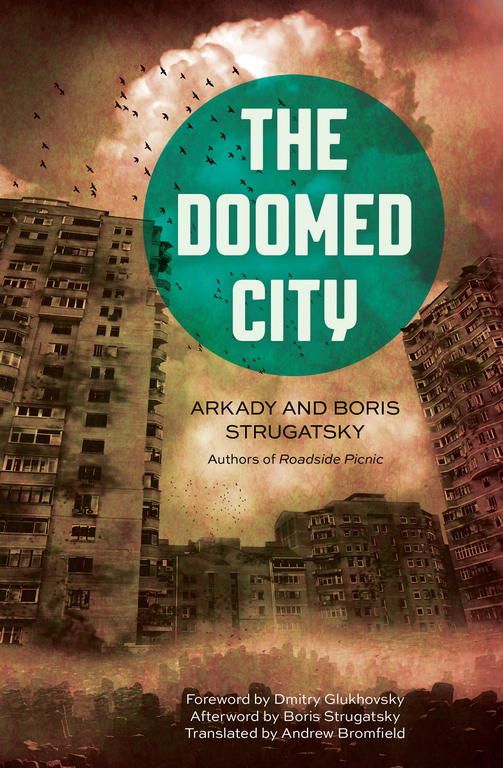
Posted by Jesse WillisBecome a Patron!
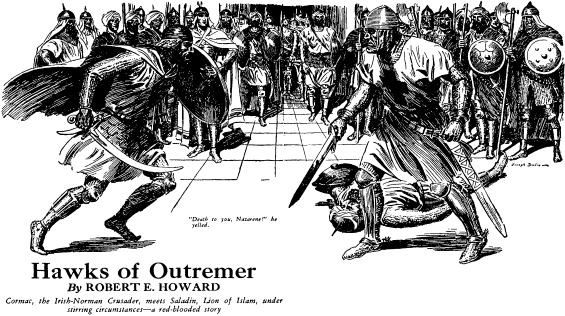
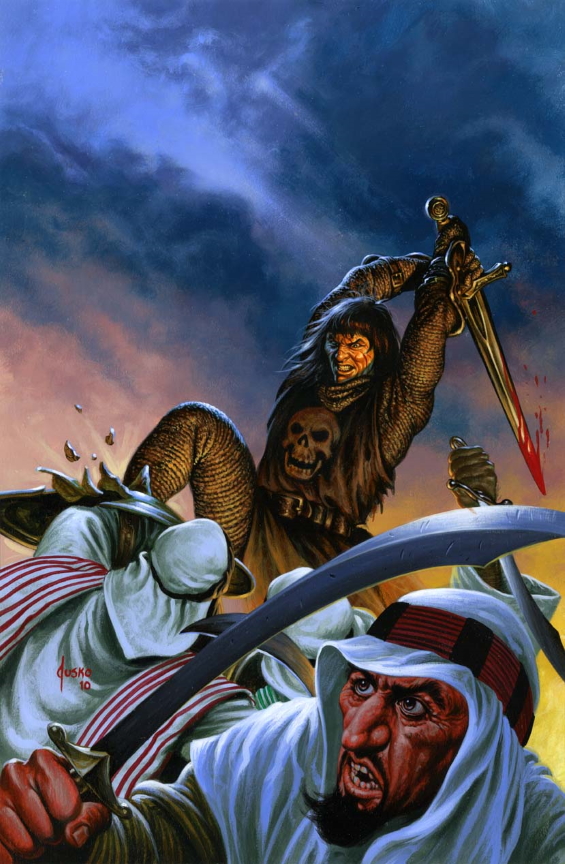
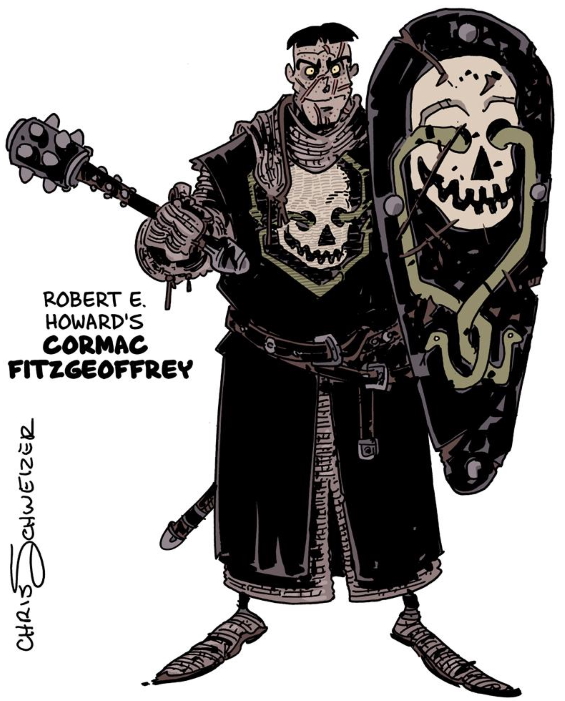
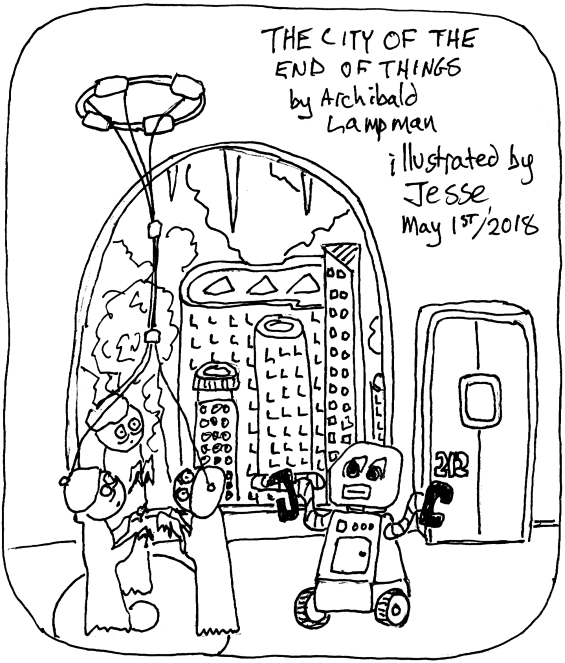


 Arguably: Essays
Arguably: Essays